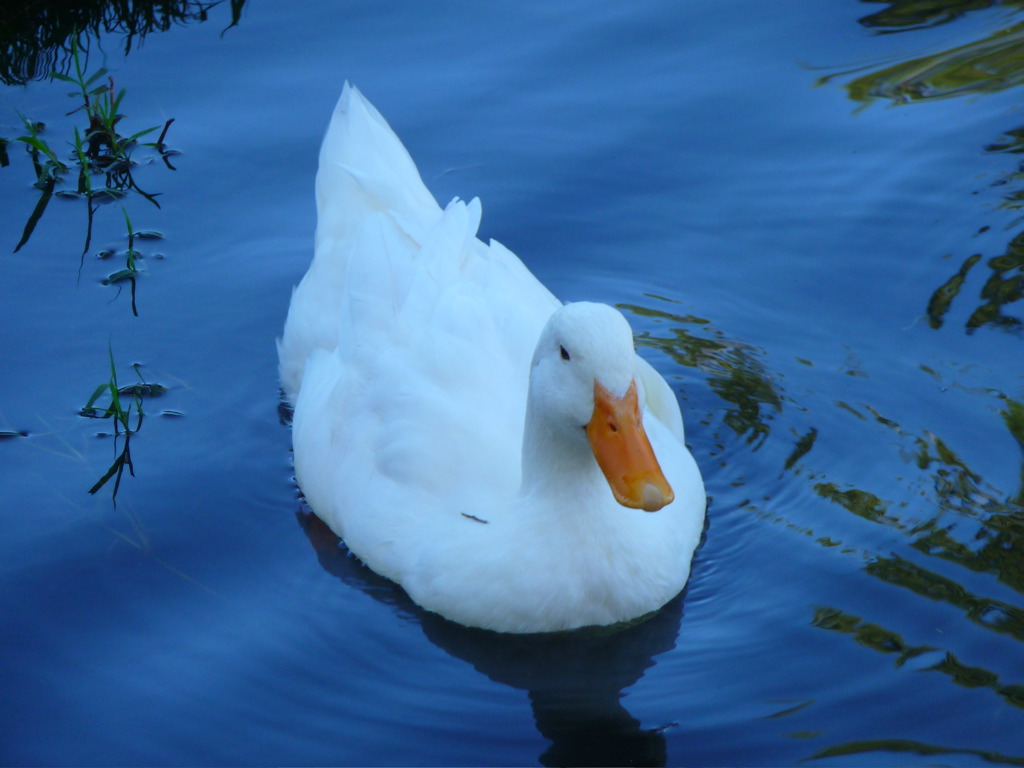
Many lame duck presidents travel abroad in the hopes of establishing peace in order to leave a legacy in their wake as they leave office.
#Lame duck president definition free
On the next page, we'll look at what some commanders-in-chief have done with the free time they've found over the years.ĭarren McCollester/Newsmakers/ Getty Images īut the title of lame duck is applied more often to the president than to members of Congress. "It is quite apparent that such a power ought not to exist, and that the people having expressed themselves at the ballot box should through the Representatives then selected, be able to select the President for the ensuing term…". This notion struck the Senate judiciary committee investigating that possibility as just wrong. This raised an intriguing possibility in which members of a lame-duck Congress, upset that they weren't re-elected, could use their remaining power to choose a new president against the will of voters they no longer felt they represented. īecause this election took place prior to the passage of the 20th amendment in 1933, Congress was in office until March of the following year - three months after the deadline passed. Republican members of the committee outnumbered their Democratic counterparts and chose Hayes in a controversial decision. In the Tilden/Hayes contest of 1876, Congress set up a bipartisan committee to pick the next president. Each state delegation receives one vote, and ballots aren't cast until January 6, three days after the new House takes office. Constitution says that the House of Representatives chooses the next president. Both candidates claimed the same electoral votes in some of the states. Hayes had the majority of the votes of the Electoral College - the body that actually elects the president in the United States. Tilden took the popular vote that year, but neither he nor Rutherford B. The 20th Amendment was also designed, in part, to protect against a repeat of the 1876 election. "A lame duck impeachment is entitled to even less respect than an ordinary bill passed by a lame-duck House," said Yale Law School professor Bruce Ackerman, who testified before a congressional committee on the matter. Since the impeachment proceedings could have made it through the House but not the Senate by the requisite deadline of January 3, whether or not the House-issued declaration to impeach Clinton was legal came into question. But first, read about the Lame Duck Amendment to the Constitution.Ī Congress that has been stripped of its leadership by the votes of the people is generally seen as less viable, so the notion of continuing impeachment proceedings by a lame duck body struck some in 1998 as unconstitutional. Read about some of the hits (and misses) some lame duck presidents have made in the final days of their terms in this article. Besides, now freed from any obligation to court voters for another election, lame ducks have much more freedom to follow their own course. It's somewhat mean-spirited, looking toward the future while the incumbent remains in office - for the time being.īut to saddle politicians with lame duck status simply because they have reached the end of their terms is like assuming an aged lion no longer has any teeth they were once, after all, powerful. The term is often used to describe sitting presidents who have served two terms, and have entered their last year.

Lame duck politicians are serving out their final terms because they have lost a re-election or are no longer eligible to serve. It's held on February 6 because it was on that day in 1933 that the 20th Amendment was adopted. February 6 of each year is "Lame Duck Day," a time to reflect upon the service provided by a public servant after his or her tenure has been completed.

The lame-duck phenomenon even has its own obscure holiday.


 0 kommentar(er)
0 kommentar(er)
